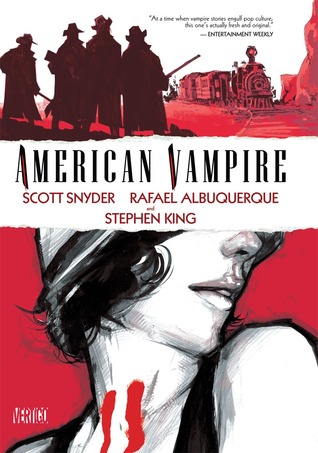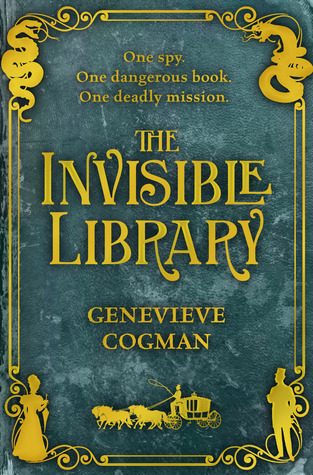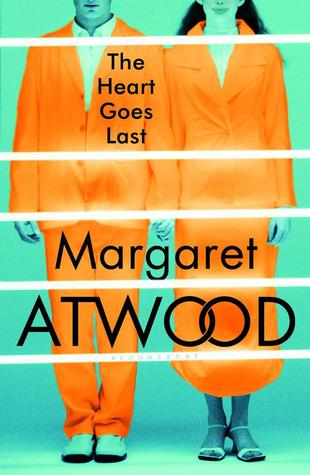So the John Doe who crawled out of the grave at the end of the last episode, has made his way to the local high school. He walks around campus naked, covered in mud and stops to look at some pictures.
At the surgery, Kate is the first to wake for the day. She makes her way to the bathroom, removes her top and discovers that her breasts are gone. After staring for a few minutes her breasts appear.
James is home and is greeted by Sarah, who wants him to come to back to bed. James begs off, claiming that he has a report to do. Sarah questions his facial expression and James brushes it off, and touches her face affectionately before leaving.
Kate goes to find Elishia to discuss her suspicion that not only did she have breast cancer but that she had a mastectomy. Elishia confirms her suspicions and Kate talks about remembering waking up after the operation and feeling sorry for James, who she felt didn't deserve this. Elishia has to point out that Kate didn't deserve it either. Kate wonders if her cancer has returned with her. Elishia examines Kate and finds no abnormalities. They are interrupted by a phone call from James, who wants Elishia to join him at the cemetery. Kate wants to tag along but Elishia says no because everyone who knows Kate things she's dead.
Paddy has broken into a store and gotten himself some clothing and what appears to be minimal camping gear. He's assimilated rather well hasn't he?
Elishia meets with James at the cemetery and reports that Alexander, Carlos's brother died the night before at 11:50. Yep, you guessed it, that's the same time that Carlos died. James immediately believes that there must be a connection; however, Elishia argues that Alexander was an old man. Okay, Elishia has just seen a bunch of people who have supposedly come back from the dead but the connection between Carlos and Alexander is what she questions? Elishia is determined to find a rational explanation and points out that there are six graves which have been disturbed and that they've only found five people. James wants to cover up the graves so that there's no investigation. Elishia makes her way to the hole that John Doe climbed out of and pulls out something silver but quickly hides it from James, claiming that it's not a grave but a hole. James has no time to dwell on this however because he gets called to the local high school.
John Doe is hiding out in the female change room and James enters calling out for Paddy, wrongly believing that this is who John Doe is. John Doe tries to escape and a fight breaks out between him and James. James ends up with upper hand, handcuffs John Doe and then escorts him to his vehicle.
At the medical clinic, Kate is going through her medical file when Charles joins her. He's astounded by the television. A scream comes from the kitchen and Charles and Kate go running and find Maria and Kirstie in the kitchen. It seems that the leg wound Kirstie received crawling out of the grave is not healing. Elishia joins them and confirms that the wound is infected and is clearly surprised because Kirstie is on antibiotics. Charles questions why they aren't taking Kirstie to a hospital and Elishia just gives him a look.
James is driving John Doe back to the medical clinic and questions if John Doe remembers anything about the cemetery or how he got there, but gets no response. Judging from John Doe's appearance James guesses that he is not Paddy. James drives by the clothing store that Paddy broke into earlier and who should be out front but Vic, and so James decides to pull over. James is not pleased, particularly when Vic brings up Carlos, who is not in lock up. James says that he decided not to charge him, causing Vic to accuse Carlos of being responsible for the robbery. John Doe starts to kick at the doors of the vehicle and when Vic moves to check, James is quick to tell Vic that he doesn't want Vic telling him how to run his section.
In the woods, Beau awakens a sleeping Paddy, who shows off his new clothing. When Beau mentions the store Paddy broke into was on Fitzgerald street, this causes Paddy to preen, claiming that the store would not exist without him and therefore if he needs something, he will take it. Paddy wants to head to his chambers but Beau says that he has school. Paddy being Paddy scoffs at the idea that Natives have school.
Yeah, it's great that they've had Beau call out Paddy's racist attacks (well all of them except for this one) but how long are they going to have him following around Paddy like a lost dog while Paddy makes racist comments to him or about him?




















